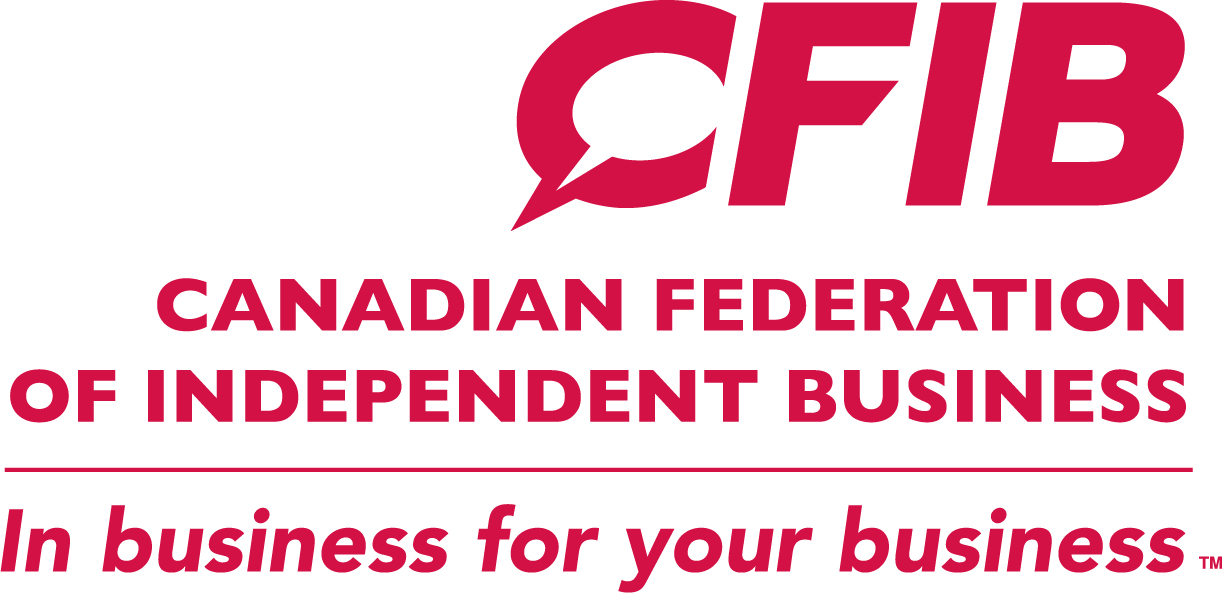Sharply rising business logistics worries could soon mean higher prices, but governments can help Français
TORONTO, June 9, 2021 /CNW/ - Supply chain delays and interruptions are increasingly impacting small business operations and will result in higher prices, warns the Canadian Federation of Independent Business (CFIB) in a new report entitled The Logistics Impact of COVID-19 on Small Businesses.
"Recently, one of the more intensely felt impacts of the pandemic has been on supply chains and business logistics. If even one link in the chain, such as a factory producing vital materials, is delayed because business restrictions slow down or limit production, the entire chain can grind to a halt," said Simon Gaudreault, Senior Director of National Research at CFIB. "As we move towards economic reopening and especially as government support is phased out, we need to be mindful of the fact that these disruptions add up and will significantly slow down many affected businesses as they are trying to go back to normal operations."
Business owners have become increasingly concerned about logistical issues, such as getting and shipping products or managing inventory, over the past year—41 per cent of business owners said they are worried about business logistics in May 2021, up from 29 per cent in April 2020. This April, CFIB dug deeper with special questions on the topic for its 95,000 members and found more than half (55 per cent) of business owners had experienced delays in the previous 30 days, with the majority (90 per cent) reporting the delays came from their suppliers. Businesses in the wholesale, construction, manufacturing, retail and agriculture sectors were the most affected by delays.
Logistical issues could lead to higher consumer costs
Shortages, scarcity and delays have pushed up the prices of some goods, in particular raw materials and metals, like lumber or iron. As a result, stuck between a rock and a hard place, many businesses may need to raise the price of their goods and services to cover the additional cost.
"On average, businesses indicated they will increase prices by 3.3 per cent over the next twelve months, the biggest increase we've seen since 2009," added Gaudreault. "This is concerning because it will further hurt small businesses' capacity to rebound and make sales, at a time when many are already in a precarious position due to the debt they have accumulated over the pandemic."
CFIB suggests expanded rapid testing in manufacturing and warehouse settings can help by allowing production to increase. Governments can also help offset some of the logistical issues and price increases facing small firms by keeping taxes and other costs low and by reducing red tape (such as internal trade barriers), which should ultimately help keep consumer prices lower.
"This is another pandemic challenge that shows many Canadian small businesses are still into a turbulence zone. The spectre of inflation will have serious repercussions for Canada's economic recovery if we don't get these logistical issues under control. More than ever, governments must show they are staying in the fight for small businesses, by acting quickly and creatively to alleviate their lingering COVID-19 burdens," concluded Gaudreault.
Read CFIB's full report, The Logistics Impact of COVID-19 on Small Businesses, for more details.
About CFIB
The Canadian Federation of Independent Business (CFIB) is Canada's largest association of small and medium-sized businesses with 95,000 members across every industry and region. CFIB is dedicated to increasing business owners' chances of success by driving policy change at all levels of government, providing expert advice and tools, and negotiating exclusive savings. Learn more at cfib.ca.
SOURCE Canadian Federation of Independent Business

For media enquiries or interviews, please contact: Milena Stanoeva, CFIB, 647-464-2814, [email protected]

Share this article